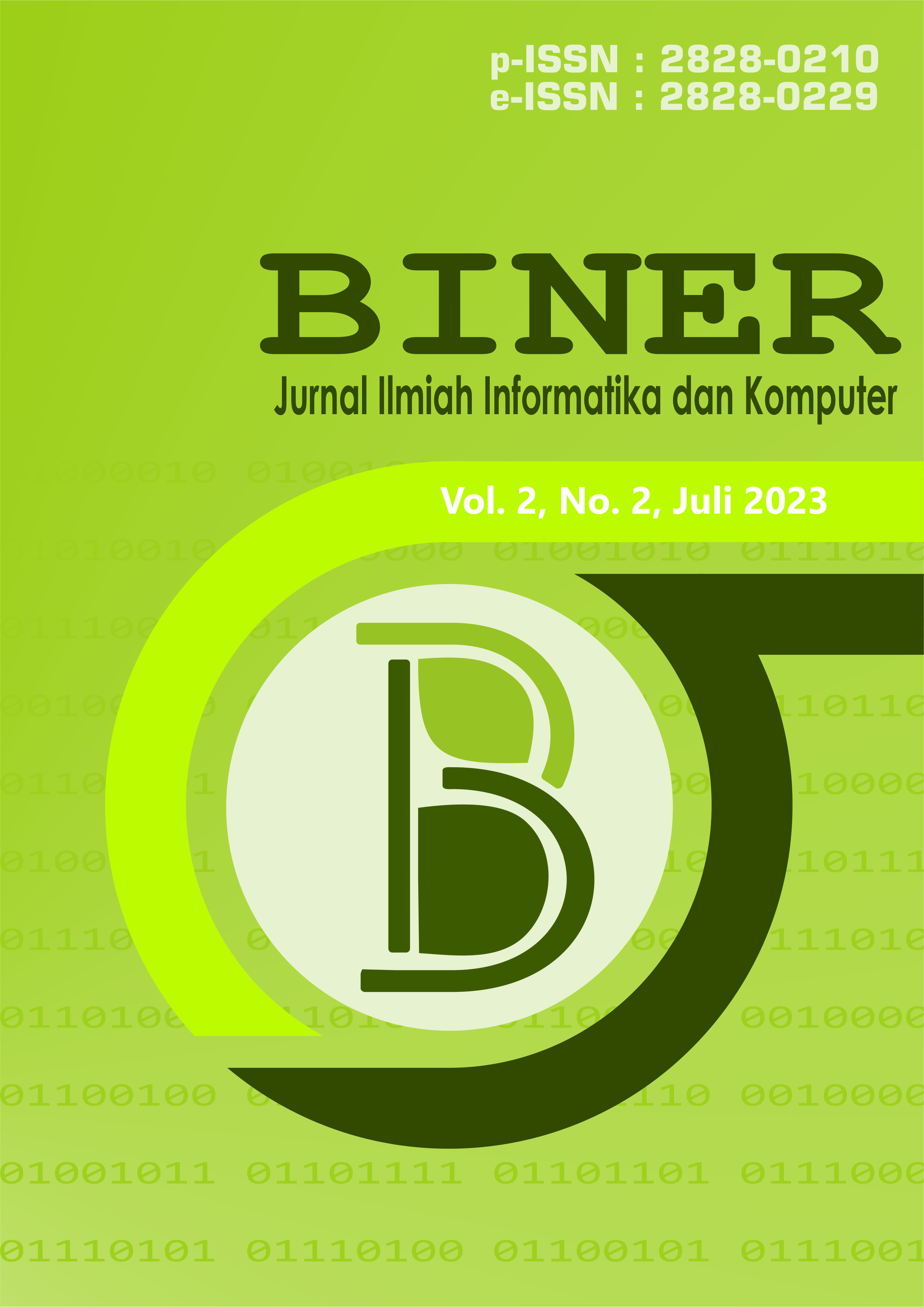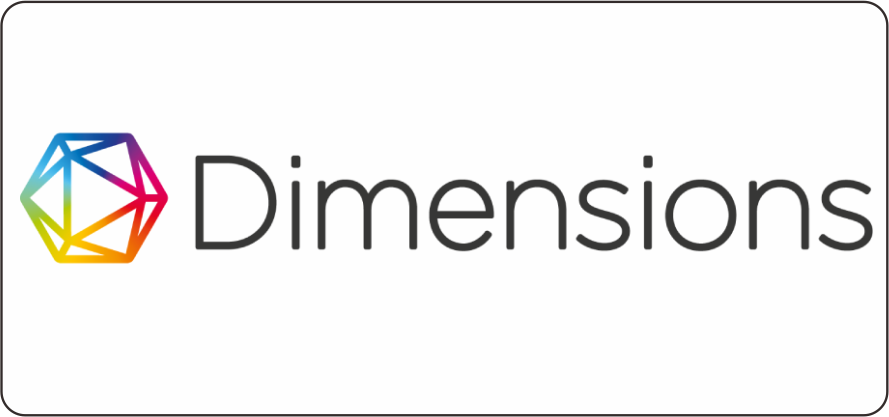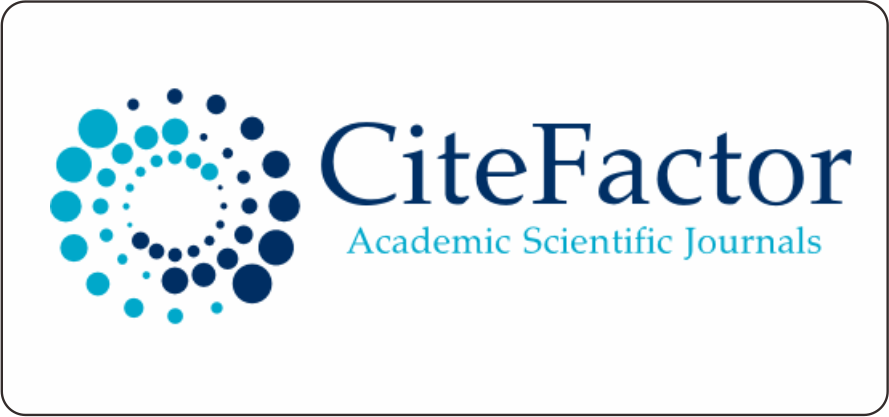RANCANG BANGUN APLIKASI PENGHITUNG AWAL BULAN HIJRIYAH MENGGUNAKAN ALGORITMA JEAN MEEUS SEBAGAI MEDIA PEMBELAJARAN ILMU FALAK PADA KITAB TAQYIDATUL JALIYAH
DOI:
https://doi.org/10.32699/biner.v2i2.5373Keywords:
Ilmu Falak, Taqyidatul Jaliyah, Algoritma Jean MeeusAbstract
Ilmu Falak adalah salah satu cabang ilmu agama islam yang mempelajari tentang lintasan benda langit seperti matahari, bintang dan bulan pada orbitnya masing-masing. Ilmu falak sangat berkaitan dengan kegiatan umat islam, salah satunya yaitu menghitung awal bulan hijriyah yang bisa menjadi patokan mulai berpuasa Ramadhan dan sholat idul fitri. Salah satu kitab ilmu falak yang membahas tentang perhitungan awal bulan hijriyah adalah kitab taqyidatul jaliyah. Tetapi karena ilmu falak dikenal sulit maka perlu adanya media pembelajaran ilmu falak menggunakan kitab taqyidatul jaliyah serta aplikasi penghitung awal bulan hijriyah menggunakan algoritma Jean Meeus. Algoritma Jean Meeus dalam menghitung awal bulan hijriyah memiliki 3 tahap yaitu, menghitung ijtimak, menghitung data matahari dan perkiraan waktu terbenam matahari serta menghitung tinggi hilal. Aplikasi yang telah dibuat disajikan dalan bentuk aplikasi desktop, sehingga bisa digunakan pada semua kalangan terutama siswa.
Downloads
References
[2] Ghazali, A. (2021). Taqyidatul Jaliyah (2nd ed.). Al-Bisyaroh.
[3] Wibisono, M. B. (2020). Implementasi Algoritma Jean Meeus Dalam Penentuan Waktu Shalat Sunnah Tertentu Berbasis Android. Informatik : Jurnal Ilmu Komputer, 15(2), 79. https://doi.org/10.52958/iftk.v15i2.1425
[4] Aceng Abdul Wahid. (2020). Analisis Metode Waterfall Untuk Pengembangan Sistem Informasi. Jurnal Ilmu-Ilmu Informatika Dan Manajemen STMIK, November, 1–5.
Downloads
Published
Issue
Section
License

This work is licensed under a Creative Commons Attribution-ShareAlike 4.0 International License.
An author who publishes in this Journal agrees to the following terms:
- Author retains the copyright and grants the journal the right of first publication of the work simultaneously licensed under the Creative Commons Attribution-ShareAlike 4.0 License that allows others to share the work with an acknowledgement of the work's authorship and initial publication in this journal
- Author is able to enter into separate, additional contractual arrangements for the non-exclusive distribution of the journal's published version of the work (e.g., post it to an institutional repository or publish it in a book) with the acknowledgement of its initial publication in this journal.
- Author is permitted and encouraged to post his/her work online (e.g., in institutional repositories or on their website) prior to and during the submission process, as it can lead to productive exchanges, as well as earlier and greater citation of the published work (See The Effect of Open Access).















